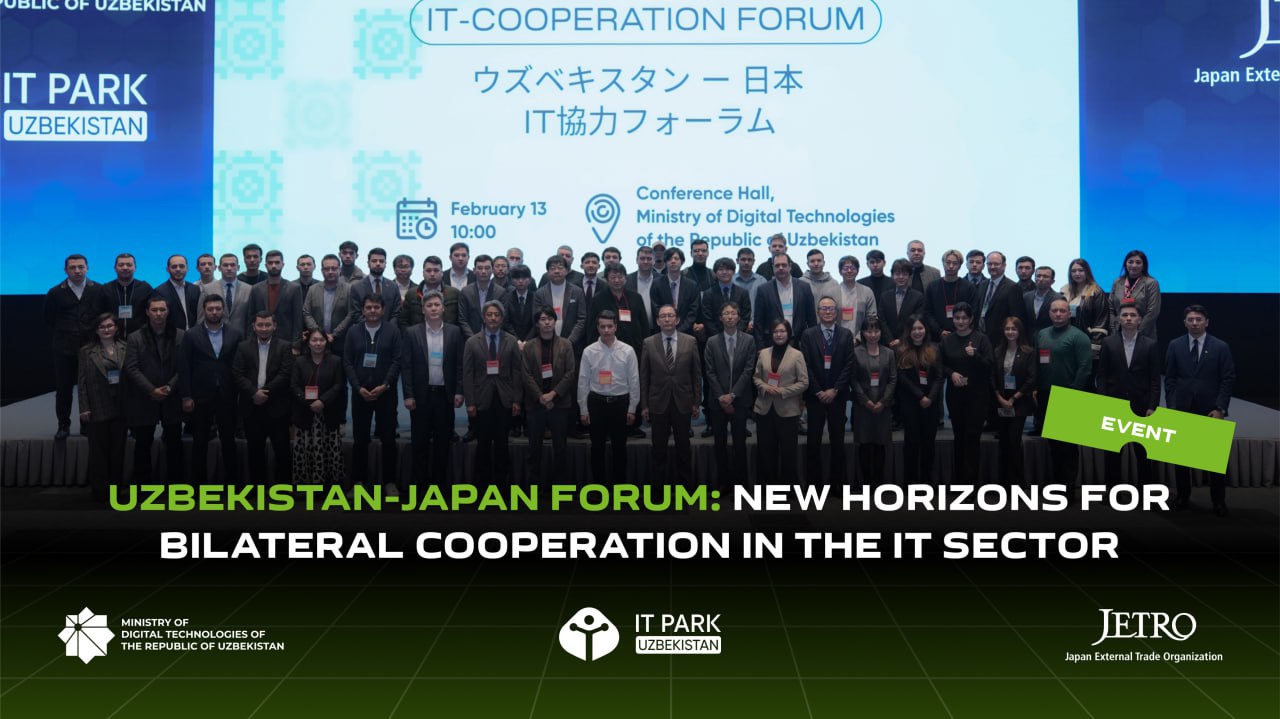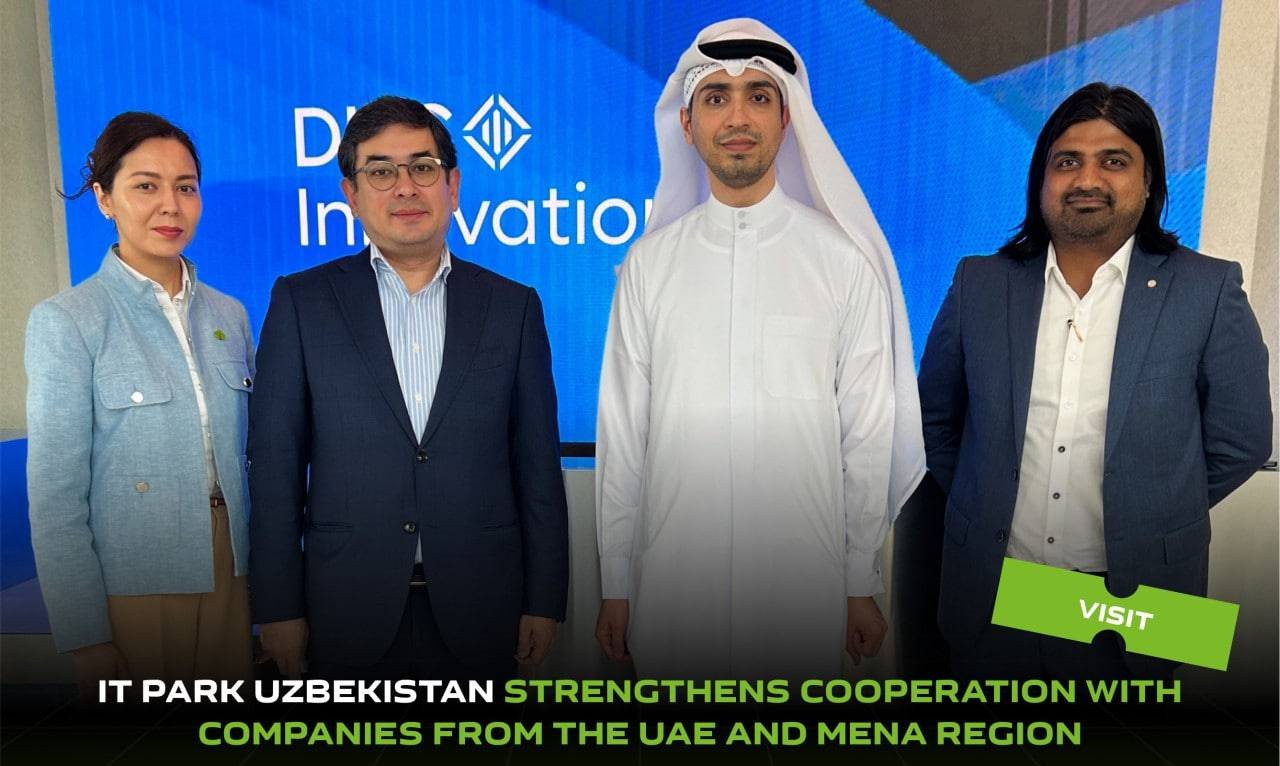As part of the IV Tashkent International Investment Forum, a panel session on "Artificial intelligence and digital technologies: encouraging young people to create innovations and develop world-class solutions"was held. Representatives of government agencies, international technology companies and the financial sector took part in the discussion.
Speakers included:
- Oleg Pekos, First Deputy Minister of Digital Technologies,
– Simon Milner, Vice President of Public Policy, Meta Asia-Pacific,
– Anil Vijayachandran, Deputy CEO of DataVolt,
- Sergey Chekalkin, Head of Customer Experience at TBC Bank Uzbek,
- Abbas Paryavi, Senior Expert at the International Data Center Authority (IDCA),
– Kevin Khanda, Chief Technology Officer of Uzum.
During the session, Oleg Pecos outlined key areas for the development of the digital ecosystem in Uzbekistan, noting the high potential of the domestic market for scaling IT infrastructure. He emphasized the current tax benefits and preferences provided for residents of the IT park, as well as current initiatives aimed at introducing artificial intelligence in the social sphere.
Among the priority tasks was the training of qualified specialists in the field of AI, with the expectation of creating up to 100 thousand new high-paying jobs in the medium term.
Meta Vice President Simon Milner presented the company's current AI initiatives, focusing on the Llama language model developed by Meta AI. He said that this system is already widely used in the tasks of text processing, programming, scientific research, development of AI interfaces and intelligent assistants, while Meta focuses on transparency and ethical aspects of implementing AI technologies.
The experts ' presentations were supplemented by a discussion about possible risks of using artificial intelligence, including security, privacy, and ethics issues. Proposals were made to create an institutional environment that ensures the sustainable development of technologies while respecting the standards of responsibility.
The panel session emphasized the importance of a strategic approach to integrating AI into the economy and education, as well as the need for international cooperation and exchange of practices in a rapidly developing technological environment.











